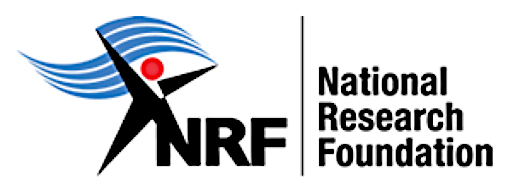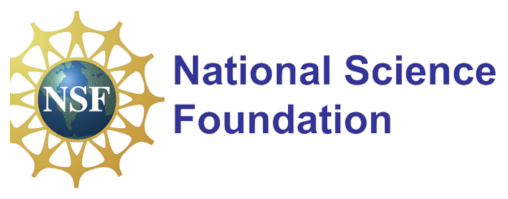Structure
The project will be structured into 5 work packages.
WP 1 (Coordination and Management, lead MLU) will be responsible for the coordination, financial and administrative management and implementation of the network formation process and will set up the cooperation agreement.
Two work packages (2 and 3) will be dedicated to the regional implementation, actor engagement and realization of the project in Ghana (WP 2) and Uganda (WP 3) through the partners CCU, UG and MUK and in cooperation with the German and US partners considering the analysis of remote sensing data (BMCC, UW, DSU, UFZ), participatory processes (UB, UP), data and actor interaction analyses from participation (MLU (Papilloud, Sackmann) and integration into planning instruments and recommendations (MLU (Fürst), UFZ, BMCC). Through their research, contacts and networks and existing research activities, the African partners will incorporate the addressed cities and other relevant actors.
WP 4 will work in parallel on analyzing success factors in South-Africa considering the upgrading of slums (lead WCU; particular engagement of partner UP including the aspect of translocal livelihoods and their role in rural-urban migration and of DSU interpreting the social processes). This will bring input on governance alternatives to be included iteratively in the recommendations based on WPs 2, 3 and 6 and will add to the scenario development in WP 5.
WP 5 will be responsible for the integration of perceptions, terms of reference, value systems and preferences for the scenario simulation, visualization and impact assessment. This is done by using a combination of qualitative (local and expert knowledge) and quantitative data for assessing the capacities of the cities to contribute to the achievement of the SDGs and the trade-offs of the scenarios. The latter will be subject to the participatory development in the Charette context, where very local (town district / slum => planning cells / focus groups) and integrative scenarios at municipal level (open space conferences for discussing the trends) can be hand-drawn and / or based on transition probabilities (time series analyses).
WP 6 will be dedicated to the synthesis of the project results in form of integrated strategic planning documents and the management of the actor engagement considering the implementation of suitable instruments. Part of WP 6 will be a consultation with planners in Halle to be trained in using integrated urban development strategic documents that break general development vision of a city down to hot spots and concrete activities. By organizing the virtual exchange as an instrument, co-learning is supported and the network is also extended to practical planners in Germany. MLU will coordinate the joint publication.
WP 1 (Coordination and Management, lead MLU) will be responsible for the coordination, financial and administrative management and implementation of the network formation process and will set up the cooperation agreement.
Two work packages (2 and 3) will be dedicated to the regional implementation, actor engagement and realization of the project in Ghana (WP 2) and Uganda (WP 3) through the partners CCU, UG and MUK and in cooperation with the German and US partners considering the analysis of remote sensing data (BMCC, UW, DSU, UFZ), participatory processes (UB, UP), data and actor interaction analyses from participation (MLU (Papilloud, Sackmann) and integration into planning instruments and recommendations (MLU (Fürst), UFZ, BMCC). Through their research, contacts and networks and existing research activities, the African partners will incorporate the addressed cities and other relevant actors.
WP 4 will work in parallel on analyzing success factors in South-Africa considering the upgrading of slums (lead WCU; particular engagement of partner UP including the aspect of translocal livelihoods and their role in rural-urban migration and of DSU interpreting the social processes). This will bring input on governance alternatives to be included iteratively in the recommendations based on WPs 2, 3 and 6 and will add to the scenario development in WP 5.
WP 5 will be responsible for the integration of perceptions, terms of reference, value systems and preferences for the scenario simulation, visualization and impact assessment. This is done by using a combination of qualitative (local and expert knowledge) and quantitative data for assessing the capacities of the cities to contribute to the achievement of the SDGs and the trade-offs of the scenarios. The latter will be subject to the participatory development in the Charette context, where very local (town district / slum => planning cells / focus groups) and integrative scenarios at municipal level (open space conferences for discussing the trends) can be hand-drawn and / or based on transition probabilities (time series analyses).
WP 6 will be dedicated to the synthesis of the project results in form of integrated strategic planning documents and the management of the actor engagement considering the implementation of suitable instruments. Part of WP 6 will be a consultation with planners in Halle to be trained in using integrated urban development strategic documents that break general development vision of a city down to hot spots and concrete activities. By organizing the virtual exchange as an instrument, co-learning is supported and the network is also extended to practical planners in Germany. MLU will coordinate the joint publication.








